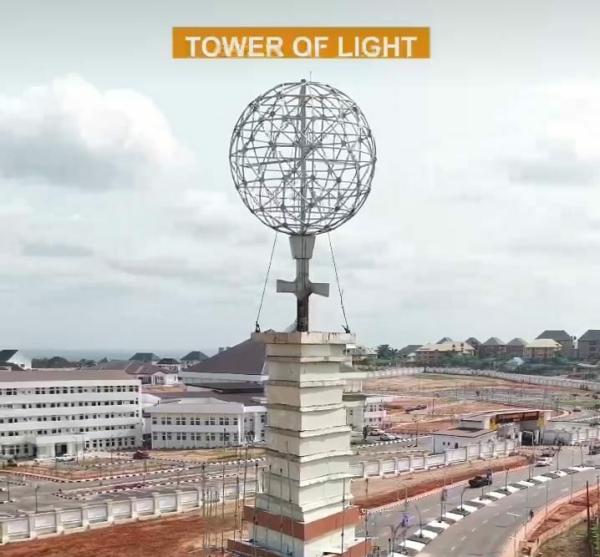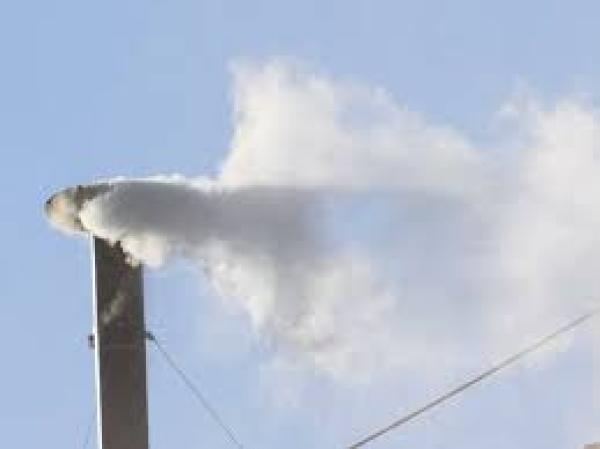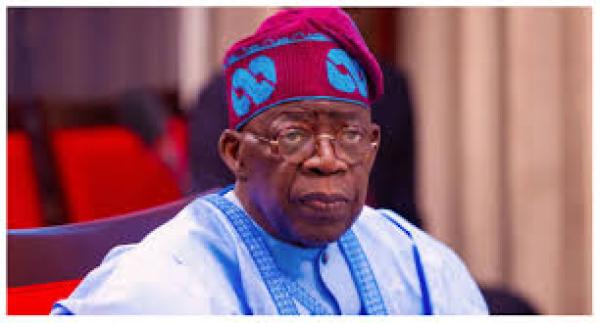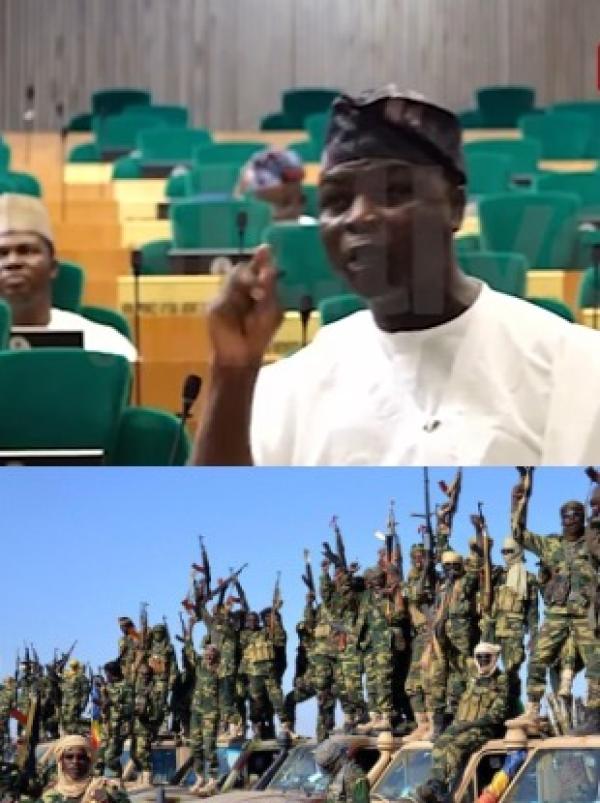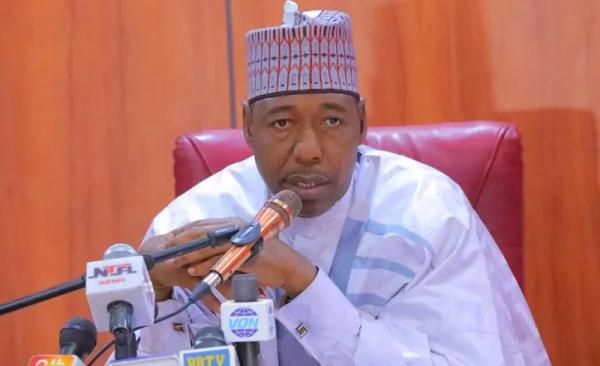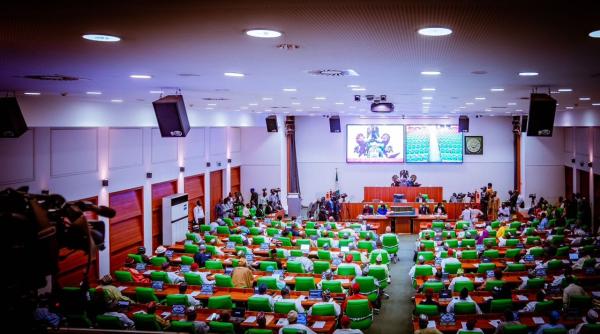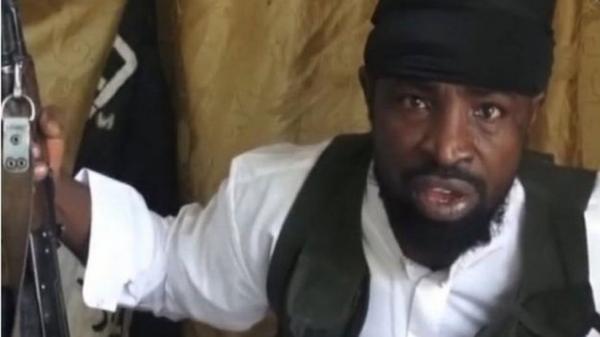
Saturday, 19th June 2021: A cyber security and counterinsurgency expert based in the United States, Dr Sunday Ogunlana; a retired United States Army Captain, Bishop Johnson; and an Abuja-based security analyst, Yusuf Hassan, have said with the death of Boko Haram leader Abubakar Shekau, Nigeria must now intensify efforts to totally end the insurgent group and its factions.
They said this in separate interviews that Shekau’s death was a major win for the government, Nigerian Army, as well as Nigerians.
“When you take away the leader of a terrorist sect, it’s going to destabilise the group. At this point in time, Boko Haram is leaderless and Shekau may not be succeeded in a long time. In a way, his faction of Boko Haram is weakened now.
“Shekau’s death is a win for the Nigerian government, even though they are not the ones who killed the terrorist. It’s also a win for Nigerians and the world. The Federal Government can now intensify efforts to clear off the Islamic State West Africa Province, a faction of Boko Haram led by Abu al-Barnawi,” Ogunlana said.
Shekau reportedly detonated explosives on himself after a battle with ISWAP recently.
According to an undated audio recording obtained by AFP, a voice thought to be that of ISWAP leader al-Barnawi said his fighters hunted down the terrorist leader and offered him the chance to repent and join them.
“Shekau preferred to be humiliated in the afterlife than getting humiliated on earth,” al-Barnawi said.
The Nigerian Army has yet to confirm if Shekau has indeed died, as it had on several occasions in the past claimed to have killed the Boko Haram leader.
Meanwhile, the Abuja-based security expert, Hassan, told our correspondent that if Shekau had indeed died, it was an opportunity for the military to swoop in on his members and to a large extent reduce insurgency in the country.
“The military must intensify its onslaught on other Boko Haram factions like ISWAP. Shekau’s death will demoralise the sect, but the army must not wait for too long to totally neutralise the sect,” he said.
However, Hassan worried that ISWAP’s growth meant insurgency might not end anytime soon.
The International Crisis Group said in a 2019 analysis that while Shekau commanded between 1,500 and 2,000 militants, ISWAP’s al-Barnawi had as many as 5,000.
According to researchers, ISWAP, an offshoot that split from Shekau’s Boko Haram in 2016, had long taken issue with Shekau’s pattern of brutalising civilians and battles had periodically erupted between the factions, killing hundreds of fighters on both sides.
Findings showed that ISWAP was known to govern remote areas and collect taxes from residents in exchange for protection while striking at primarily military targets.
Shekau’s faction reportedly outraged ISWAP extremists over the years, with ISWAP calling Shekau a “tumour to extract” in a 2018 statement.
The retired US captain, Johnson, said with the lack of weapons, the military might still not be able to end the Boko Haram insurgency despite Shekau’s death.
He said, “If you follow some of these terrorist organisations, you will notice that the death of one person doesn’t translate to the end of the group. Yes, it could deal a great blow to them momentarily, but after a while, the group will reconstitute themselves and find a new leader that will continue their cause. So, I don’t see Shekau’s death as permanent damage.
“The military can only intensify onslaught on Boko Haram but the issue is that it lacks the capacity to end the group. Besides, the Boko Haram insurgency has been so politicised and some people are making a living on it. There are people whose job is to award contracts with respect to the insurgency. All these people with vested interests in the fight against terrorism won’t want it to end, and they will continue to sabotage military efforts.”












